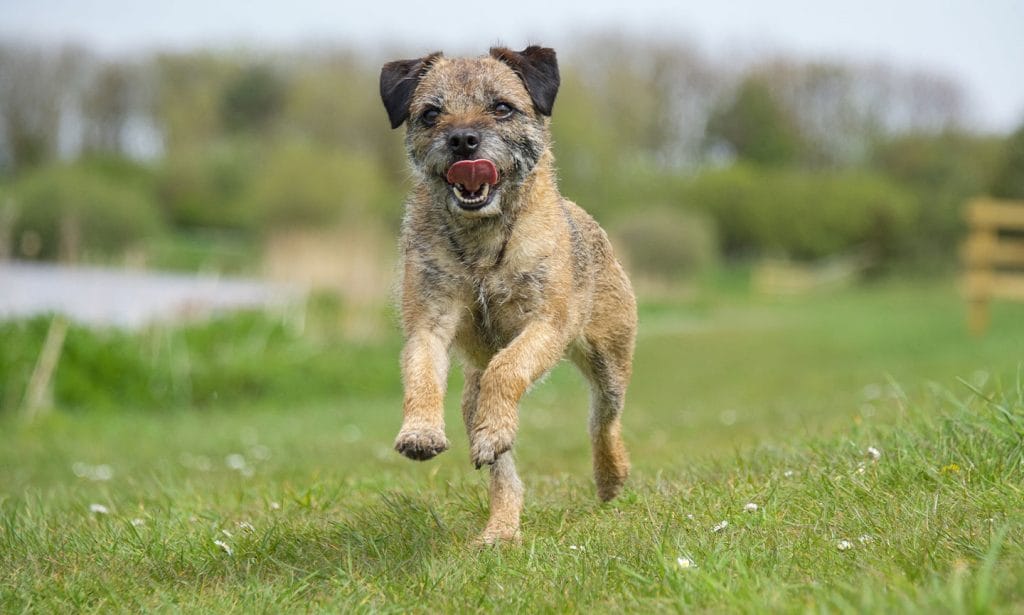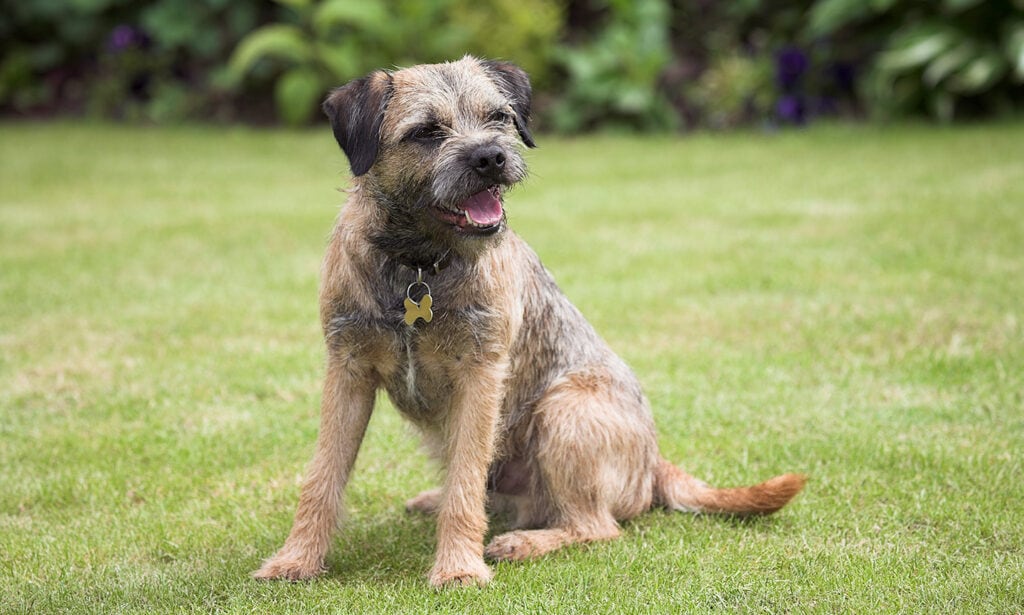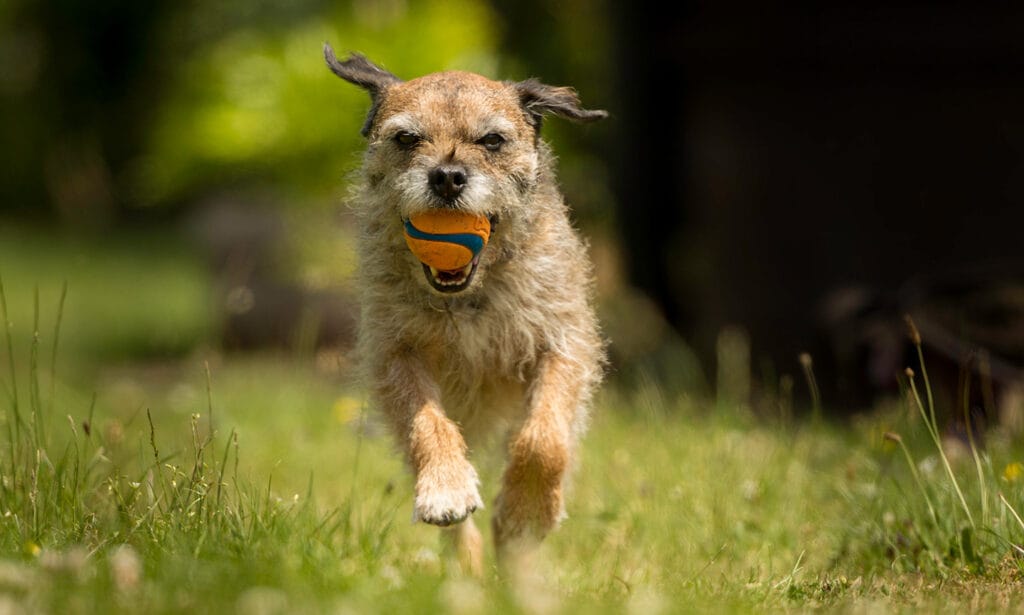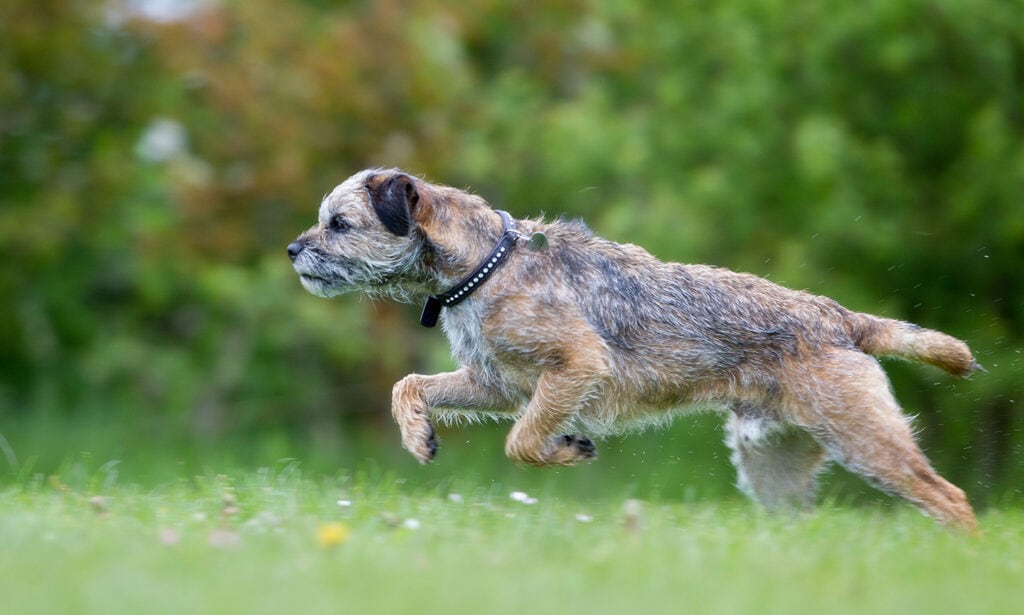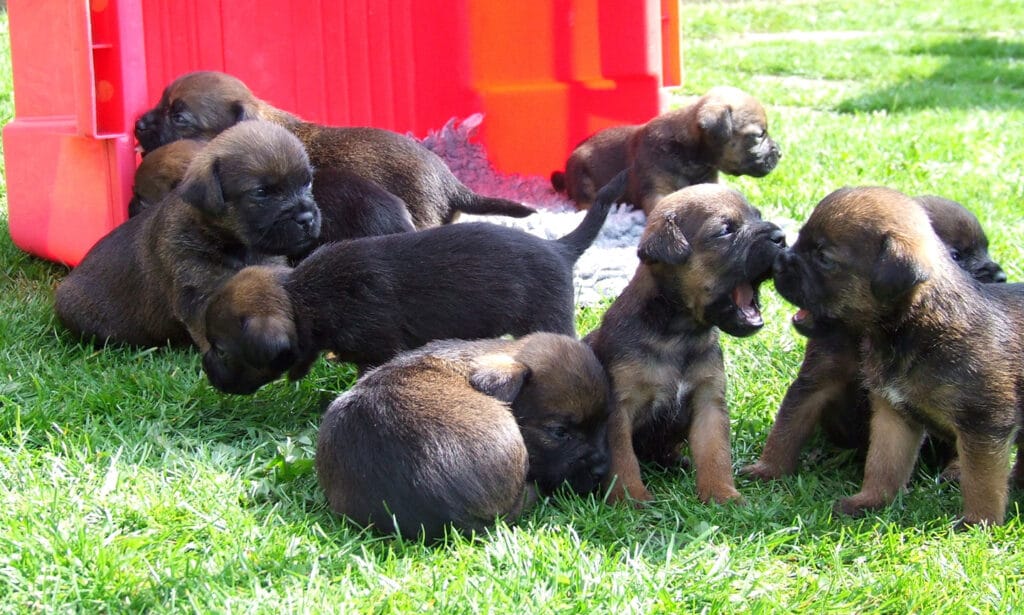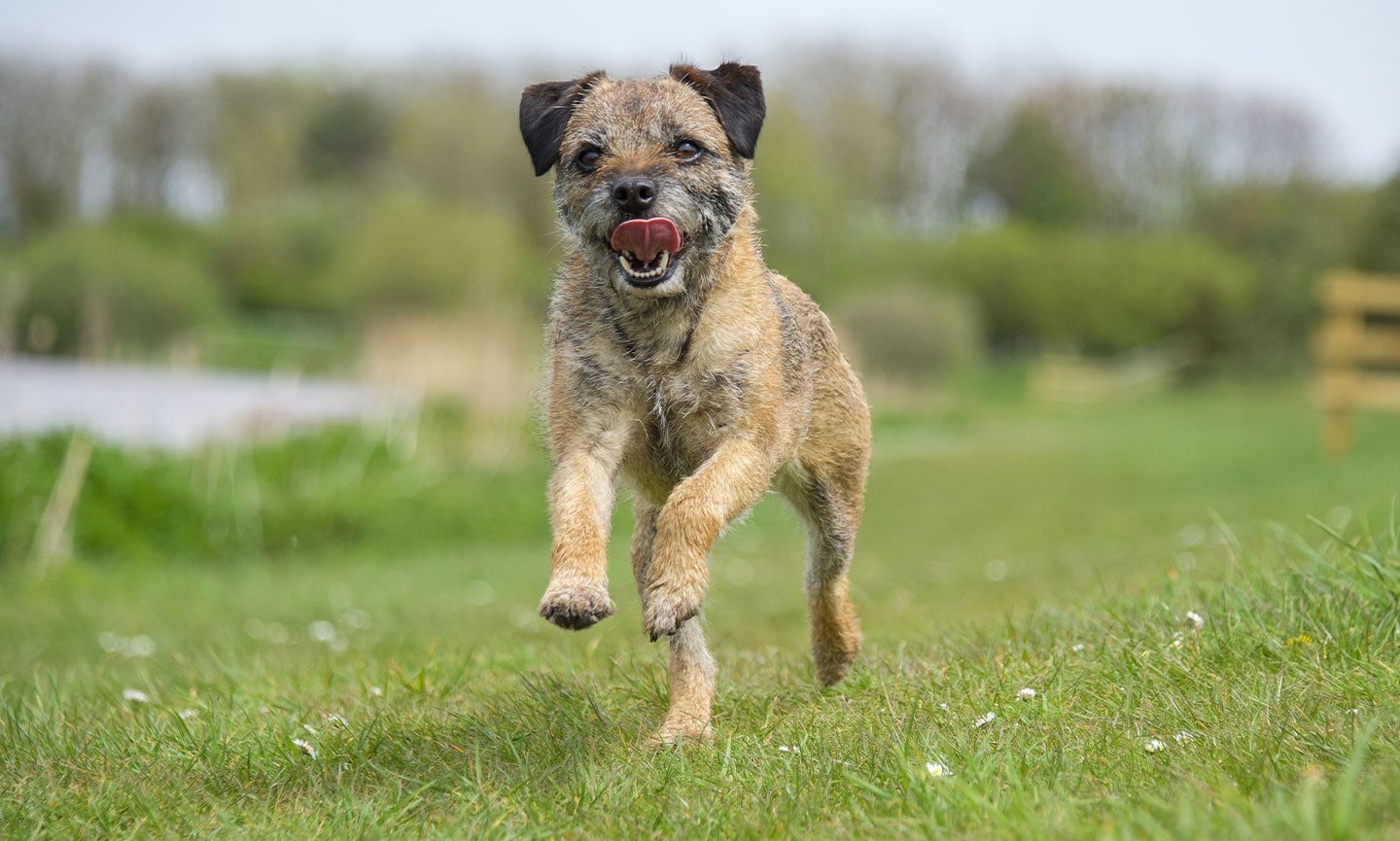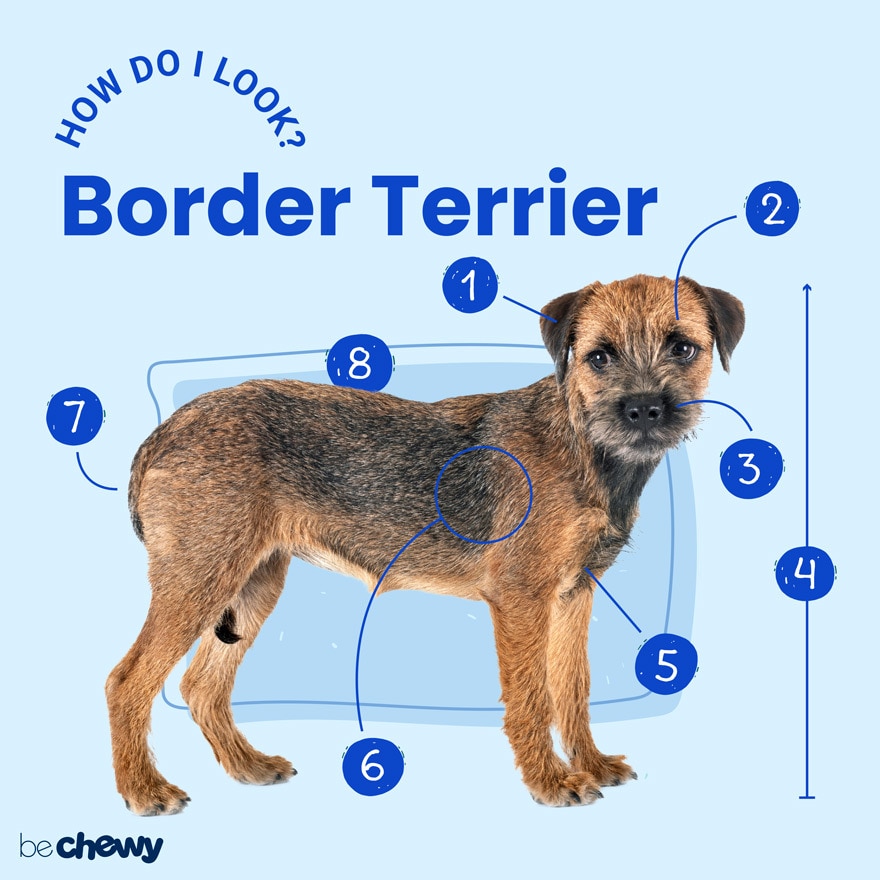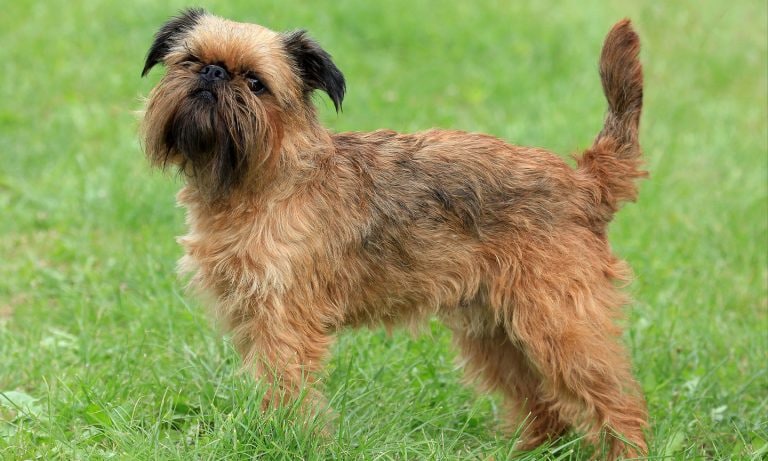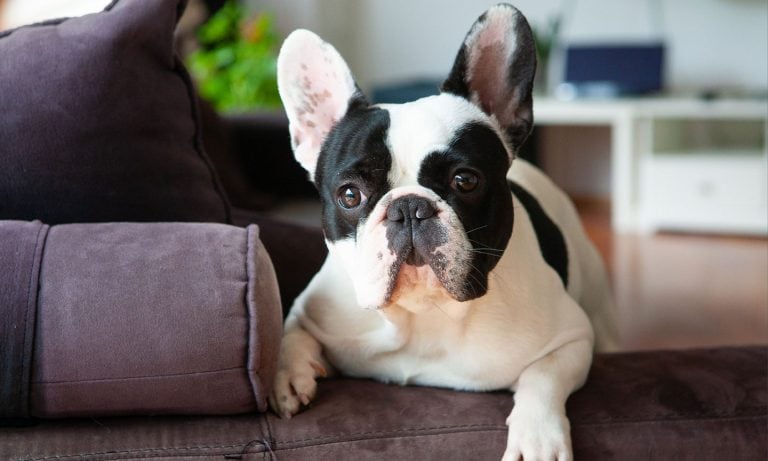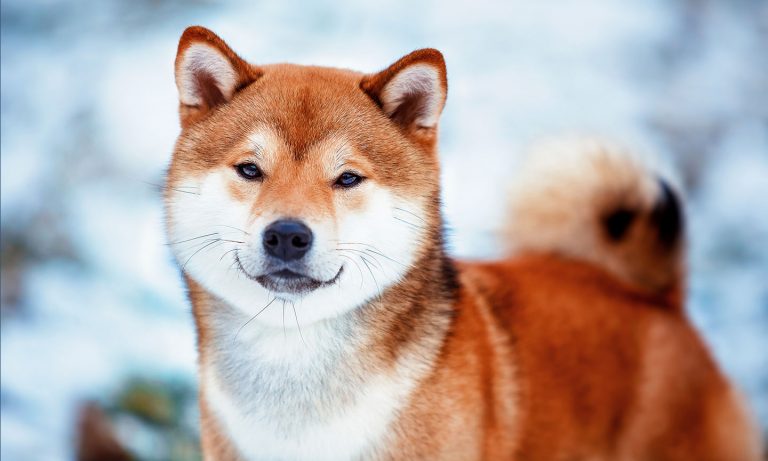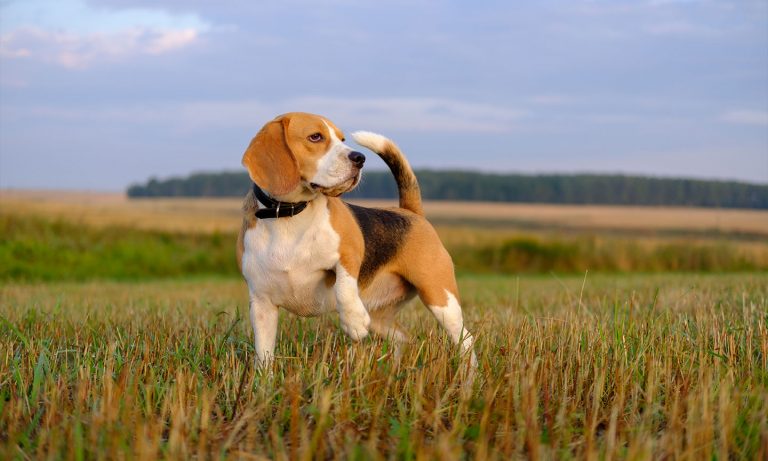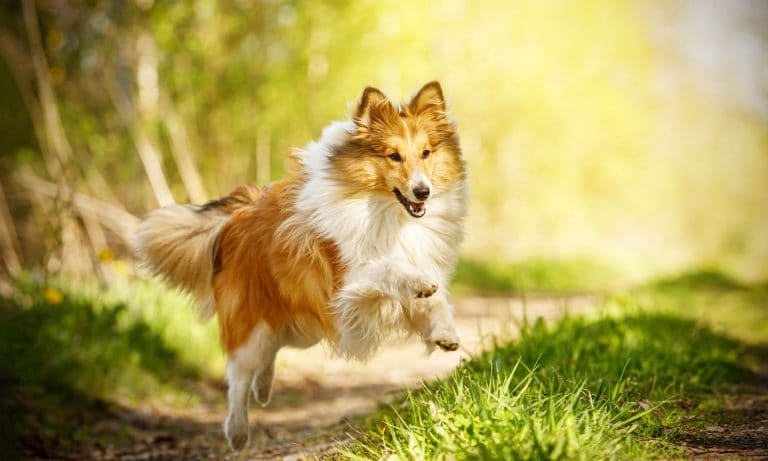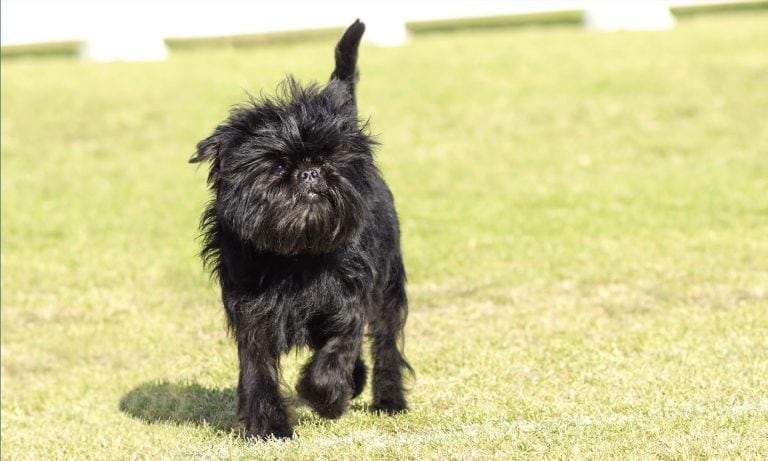Enjoy living life to the fullest? The spirited and brave Border Terrier can—and will!—match your energy step for step. Don’t let their small size fool you. These tough little dogs know how to stand up for themselves and aren’t afraid to let everyone know it. They are independent and feisty, but once they’ve bonded with their pet parent, you’ll have a loyal friend for life. Small enough to come everywhere with you and sassy enough to cope with whatever life throws their way, one thing’s for sure: Life with a Border Terrier will never, ever be dull.
Breed Snapshot
Temperament:
IndependentBoldBraveAffectionateCoat Color:
WheatenBlue And TanGrizzle And TanRed
Best For
Border Terriers are spunky and affectionate. With their energetic nature and strong prey drive, they do best with pet parents who can provide regular exercise and training.
Border Terrier Temperament
If your to-do list is a mile long, and there is nothing you love more than a day spent checking things off it, then you’ve got a kindred spirit in the Border Terrier. If the Border Terrier had a theme song, it would be Flight of the Bumble Bees—they are busy, busy, busy, love to be on the go, and have a strong work ethic. Their affectionate and happy-go-lucky personality is infectious, though they like their independence—which is what makes them a terrier after all!
These medium-height and active little dogs need plenty of engagement and interaction with their humans. A Border Terrier 101 rule is never to let your dog get bored (and maybe you can relate). If they do, they’ll put their intelligent brains to use, typically in undesired behaviors. They may think it’s entertaining to dig up your lawn or terrorize the local wildlife, but unless you’re planning a backyard reno and are thankful to save on some demo costs, you may not feel the same.
Border Terriers are affectionate but aren’t overly needy. They love to be involved with what you’re doing but aren’t as much of a “Velcro breed” as some other dogs. These outgoing and confident dogs also enjoy meeting new people, so don’t be alarmed if you pick up some new friends while you’re out and about.
Border Terriers can live alongside other dogs very happily, especially if their pup pals are playful, too. They can live with cats but will need to be introduced carefully. Border Terriers are an excellent choice for families with older kids, as they’re robust and fairly energetic. You might find the kids are great at wearing your dog out as they speed around together.
While this breed was originally a working dog (dogs meant for guarding, pulling sleds or carts or catching vermin), they’re more often kept as family pets these days. They still love the opportunity to learn new skills and excel at activities like earthdog, flyball and anything else that combines physical and mental work.
How to Care for a Border Terrier
A Border Terriers are a hardy breed that requires low to moderate amount of care, including all the basics like regular grooming, a healthy diet, daily exercise and training. In return, they make affectionate companions.
Border Terrier Health
Border Terriers are generally a healthy breed, with a life expectancy of 12 to 15 years. They can suffer from some health problems, and it’s worth familiarizing yourself with any health issues so you can keep your dog happy and healthy for as long as possible.
- Hip Dysplasia: This is an inherited and degenerative condition where the hip joint is malformed and causes lameness and pain. While there aren’t genetic screen tests available, affected dogs shouldn’t be bred. Treatment options include joint supplements, pain medications, and, in severe cases, surgery.
- Luxating Patella: This affects many small breed dogs and happens when their kneecap (patella) slips out of place and causes intermittent lameness. Ask your veterinarian for information if you think your dog is affected, as sometimes surgery is recommended.
- Periodontal Disease: Dental disease is one of the most common health issues in all dog breeds, but the effects can be exaggerated in small breeds like Border Terriers. Getting into a routine of daily teeth brushing along with an annual dental exam will help keep your dog’s teeth clean and their gums healthy.
- Heart Conditions: Border Terriers can suffer from heart conditions, which can occur early in life as congenital defects or later in life as weakening of the valves of the heart. A veterinarian should screen new puppies for murmurs and conduct annual examinations to check for the development of a heart murmur over their lifetime.
- Spongiform Leukoencephalomyelopathy (SLEM): Also known as “shaking puppy syndrome,” this is a hereditary but rare condition that causes uncontrollable shaking, usually of the hind legs. Reputable breeders should test parent dogs and provide a copy of the results so you know your puppy will not inherit SLEM.
- Gluten Sensitivity: Border Terriers can occasionally suffer from paroxysmal gluten-sensitive dyskinesia (PGSD), sometimes called canine epileptoid cramping syndrome. It can cause a range of symptoms, including involuntary movement, collapse and gastrointestinal discomfort. Your vet can help diagnose this, and moving to a gluten-free diet can help lessen or even resolve the symptoms.
- >Eye Problems: Border Terriers can suffer from eye problems, including progressive retinal atrophy (PRA>) and juvenile cataracts. Responsible breeders will screen for PRA and should provide results for parent dogs. It’s also thought that juvenile cataracts could be inherited, and some breeders may test for this condition, too.
- Cushing’s Disease: Border Terriers are at higher risk for developing Cushing’s, an endocrine disease where the body produces too much of the natural steroid (cortisol). Blood tests are used to diagnose, and typically, treatment is daily medication.
Border Terrier History
This plucky little terrier hails from the border between England and Scotland. Their original purpose was to protect herds of sheep (and their lambs) from the local fox population. Because of the Border Terrier’s mixed origins, they’ve had a few different names, including Ullswater Terrier, Reedwater Terrier, and Coquetdale Terrier. These all referenced landmarks around the border country this breed calls home. By the 1800s, the breed became known as the Border Terrier thanks to its link to the Border Hunt based in Northumberland.
These brave dogs were famed for their “hard as nails” attitude, outgoing personalities and enthusiastic pursuit of their prey. These are traits the modern breed is still famed for today, although these days, the breed is more popular as a family pet than a working dog.
The American Kennel Club recognized the Border Terrier in 1930, and the Border Terrier Club of America was formed in 1949. However, the breed is still relatively rare in the USA.
If you’re wondering where to find a Border Terrier puppy, then the American Kennel Club’s list of reputable breeders is the best place to start. In terms of the average Border Terrier price, you should budget around $2,000. For that price, you should get a puppy from a registered and reputable breeder who carries out all the appropriate health and temperament checks. You may also find a Border Terrier at local rescue organizations or animal shelters, so it’s always worth contacting those if you’re considering rehoming an older Border Terrier dog. You can also search Chewy’s database of adoptable dogs in your area.
FAQs
Do Border Terriers shed?
Yes. Border Terriers typically shed their coats twice a year (spring and fall). During this time, use a hand stripping or a raking tool daily to remove shedding hair. For the rest of the time, a quick brush once or twice a week will be enough to keep their coat in tip-top condition.
How long do Border Terriers live?
The Border Terrier’s lifespan is around 12 to 15 years.
Do Border Terriers bark a lot?
Border Terriers don’t generally bark a lot. While each puppy is an individual, this breed as a whole isn’t considered overly yappy or vocal. If your dog is left alone or bored, then they, like many other breeds, may start barking. The Border Terrier’s willing temperament means they can often be trained not to bark excessively.
Are Border Terriers good pets?/h3>
Absolutely, Border Terriers are good pets! They will thrive in a home with active pet parents who are committed to providing the level of exercise and enrichment that these playful, smart little dogs need. They can live with cats, but as a terrier breed, they have a naturally high prey drive, which pet parents always need to bear in mind.
What are the most common Border Terrier mixes?
Note: These are not purebred dogs but mixed breeds.

Top Takeaways
Though originally bred for hunting, the small, hardy Border Terrier makes a solid pet. These intelligent dogs are highly trainable and form strong bonds with their family members. They’re a rather playful breed, retaining a puppy-like demeanor. As such, they’ll do best in active homes that provide games and activities to stimulate their minds and bodies.
Expert input provided by veterinarian Jennifer Frione, DVM, of Lakeside Animal Hospital, and certified professional dog trainer Joan Hunter Mayer, MBA, CTC, CPDT-KA, CBCC-KA, CNWI, CSAT, owner of The Inquisitive Canine.
Breed characteristic ratings provided by veterinarian Dr. Sarah J. Wooten, DVM, CVJ, a veterinarian at Sheep Draw Veterinary Hospital in Greeley, Colorado; dog trainer and behavior consultant Irith Bloom, CPDT-KSA, CBCC-KA, CDBC, owner of The Sophisticated Dog, LLC, in Los Angeles; and certified animal behavior consultant Amy Shojai, CABC, in Sherman, Texas.
The health content was medically reviewed by Chewy vets.

Search for Adoptable Border Terriers Near You
Female Names
- Lucy
- Coco
- Bailey
- Daisy
- Ruby
- Luna
- Bella
- Penny
- Piper
- Sadie
Male Names
- Archie
- Max
- Bear
- Jack
- Rocky
- Gus
- Oliver
- Finn
- Dexter
- Teddy
Share:
